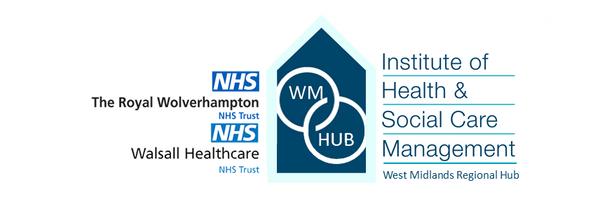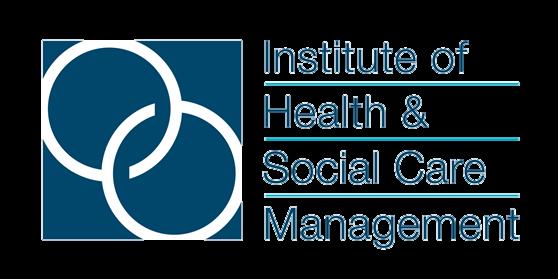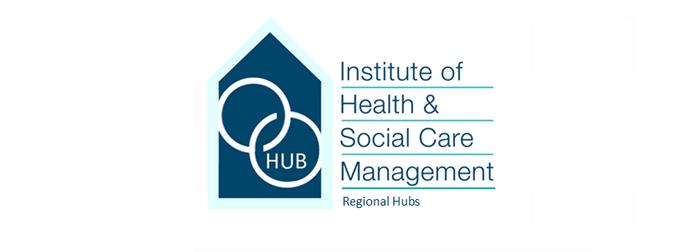
5 minute read
West Midlands - How Does Speech and Language Therapy Contribute to Public Health
How does Speech and Language Therapy contribute to public health?
Editor: Joanna Williams and Dr Nicky Eddison Trust: RWT

We should all have the same opportunities to lead a healthy life, no matter who we are or where we live. However, wider determinants such as housing, the environment, access to fresh food, education and income all influence our health. As such, health inequalities exist and have a significant impact on the health of large groups of people.
“If you’re born poor you will die on average nine years earlier than others” .
To help tackle these large scale inequalities we must ensure that public health is everyone’s business and that includes our Allied Health services which are in a prime position to influence public health.
Speech and language barriers for young children can create difficulties as they move through the education system and into adulthood.

July 2022


At the age of five years, children from low-income families have half the vocabulary of high-income families and this continues to grow at each stage of education. In Wolverhampton, 27.1% of children live in income deprived households.




July 2022
The Black Country Early Outcomes Project
The ‘Early Outcomes’ project was a year-long project beginning in August 2019, funded by the Department for Education. The Royal Wolverhampton NHS Trust (RWT) was one of four Trusts who were successful in their bid to be part of this initiative. Joanna Williams, a highly specialist speech and language therapist at RWT was a member of the project team.

The project had three main aims:
·To eradicate silo working: to create networks of teams, enabling shared learning and cross-professional multi-disciplinary teams (MDT). To establish best practices and link up with health visitors.
·To upskill the early years' workforce:the aim was to improve practitioners’ knowledge of speech, language, and communication development. The training focused on how to identify speech, language, and communication needs and how and when to make an appropriate referral to specialist speech and language services. It also provided strategies and interventions to support children and empower parents to support their child in the home environment. Since the project ended, work has continued establishing the use of a robust and consistent screening tool across Wolverhampton. The screening tool is currently in place in Walsall and Sandwell.


July 2022

·To improve school readiness and good level of development
(GLD) for children across the Black Country:


GLD is a performance measure used at the end of the reception year, it is a measure of attainment, not progress. Children are defined as having reached a Good Level of Development at the end of the ‘early years foundation stage’ if they have achieved at least the expected level of development for the Early Learning Goals in the prime and specific areas of learning. This helps professionals and parents to understand broadly what a child can do in relation to national expectations and identify any delays where additional support may be required.


Project outcomes
The project delivered serval important outcomes including a range of resources for children, families, and practitioners, including:

·The development of a series of activity packs: these packs have been designed for parents and carers and are available via the Black Country Early Outcomes Website and have been shared amongst members of the MDT at universal, targeted and specialist levels, with distribution widely encouraged. Feedback from parents and caregivers has continued to be positive ·An Early Outcomes Pack: this pack is intended to be a reference document for practitioners with ideas to share with parents and caregivers, and includes information on attachment and bonding, social and emotional development, and ideas for activities for children 0-5 years. This pack has been distributed to every Early Years Setting across the Black Country and is referenced by speech and language therapists, early years and childcare development officers at setting visits. ·An information pack for parent volunteers: this pack includes information on the ages and stages of language development and tips for supporting language development in the home. Parent volunteers are offered training which enables them to cascade the information to identified families as part of their role.


July 2022

Where can these resources be accessed? All the resources from this project are readily available via a dedicated website at http://www.blackcountryearlyoutcomes.co.uk/. The website has continued to be updated since the launch and new resources are added as they are developed.

The “Early outcomes project” is a fantastic example of how speech and language therapy can contribute to public health via population-level initiatives with the aim of reducing avoidable health inequalities amongst children living in the Black Country. Improving standards and outcomes and addressing weaknesses around speech, language, and communication.



Joanna Williams is a highly specialist Speech and Language Therapist
Dr Nicky Eddison is an Associate Professor and AHP Research Lead.












